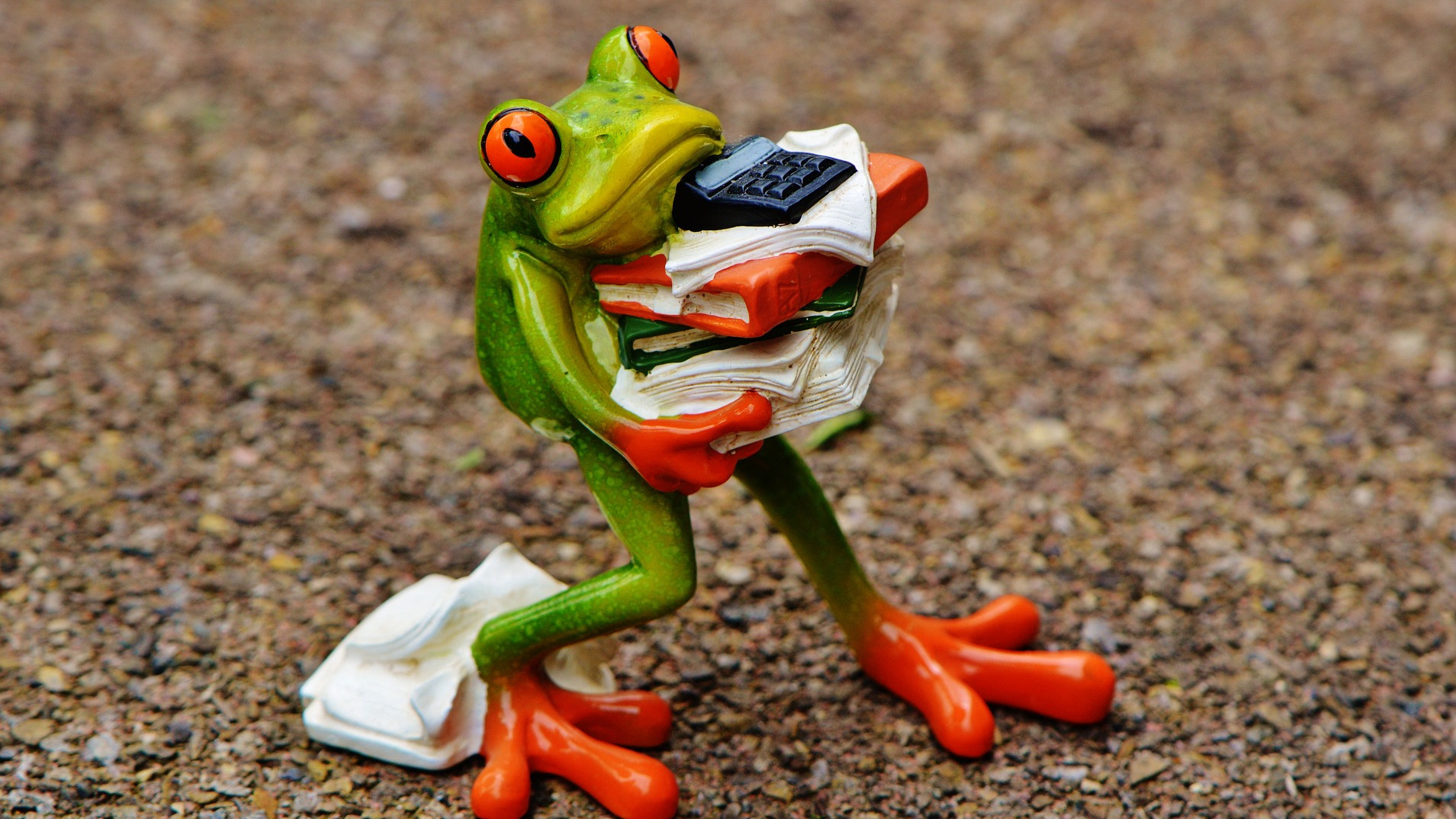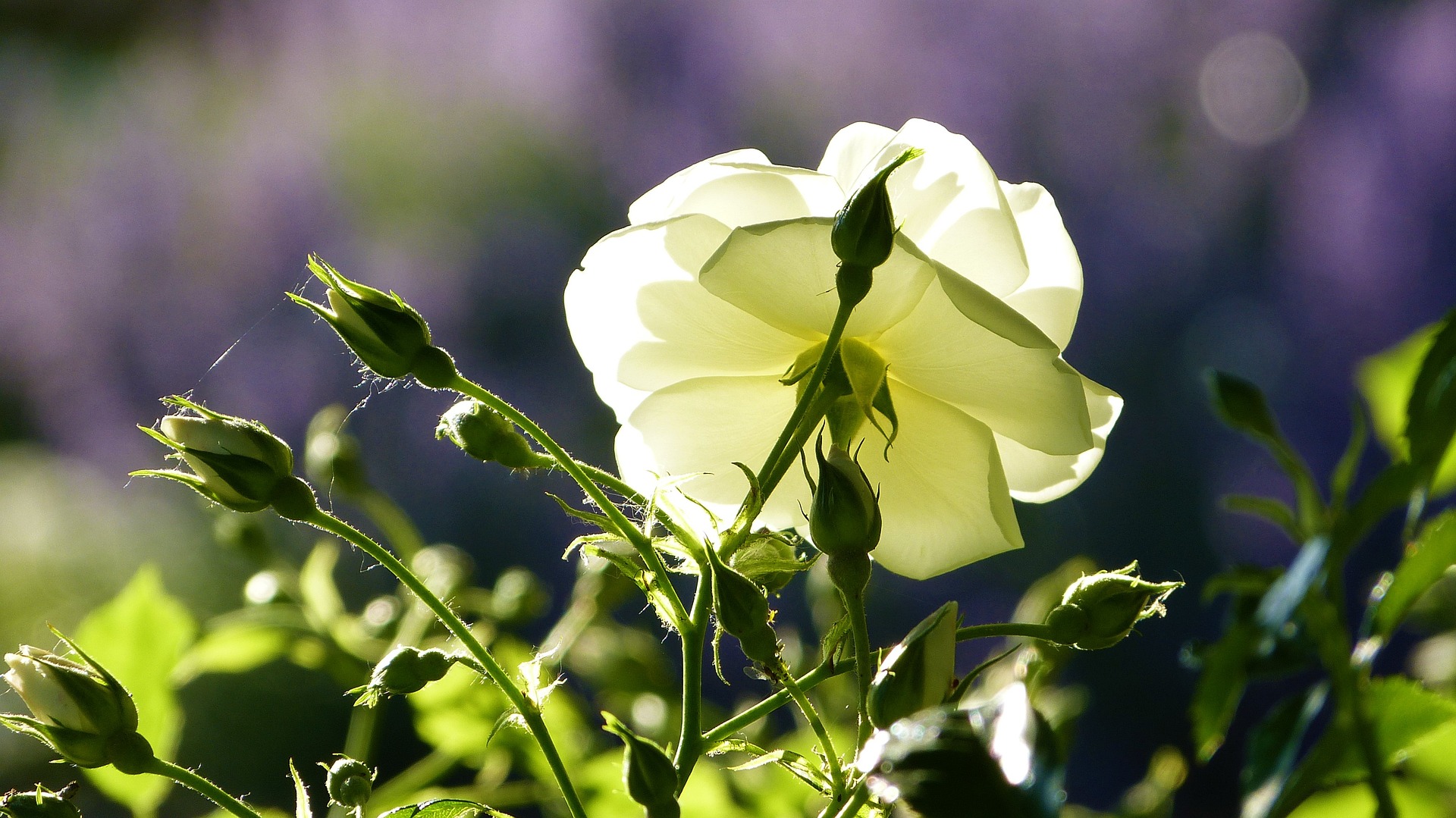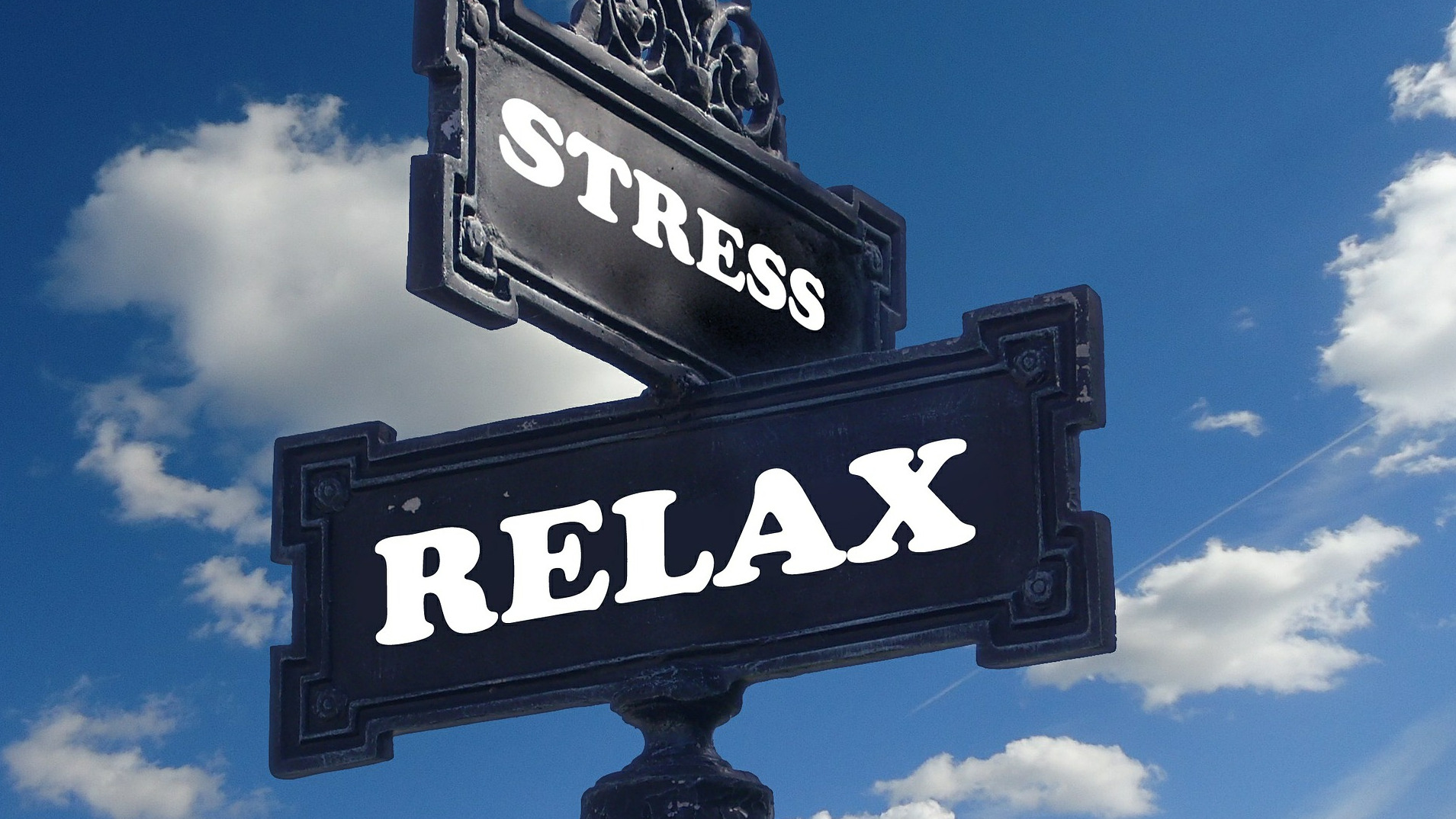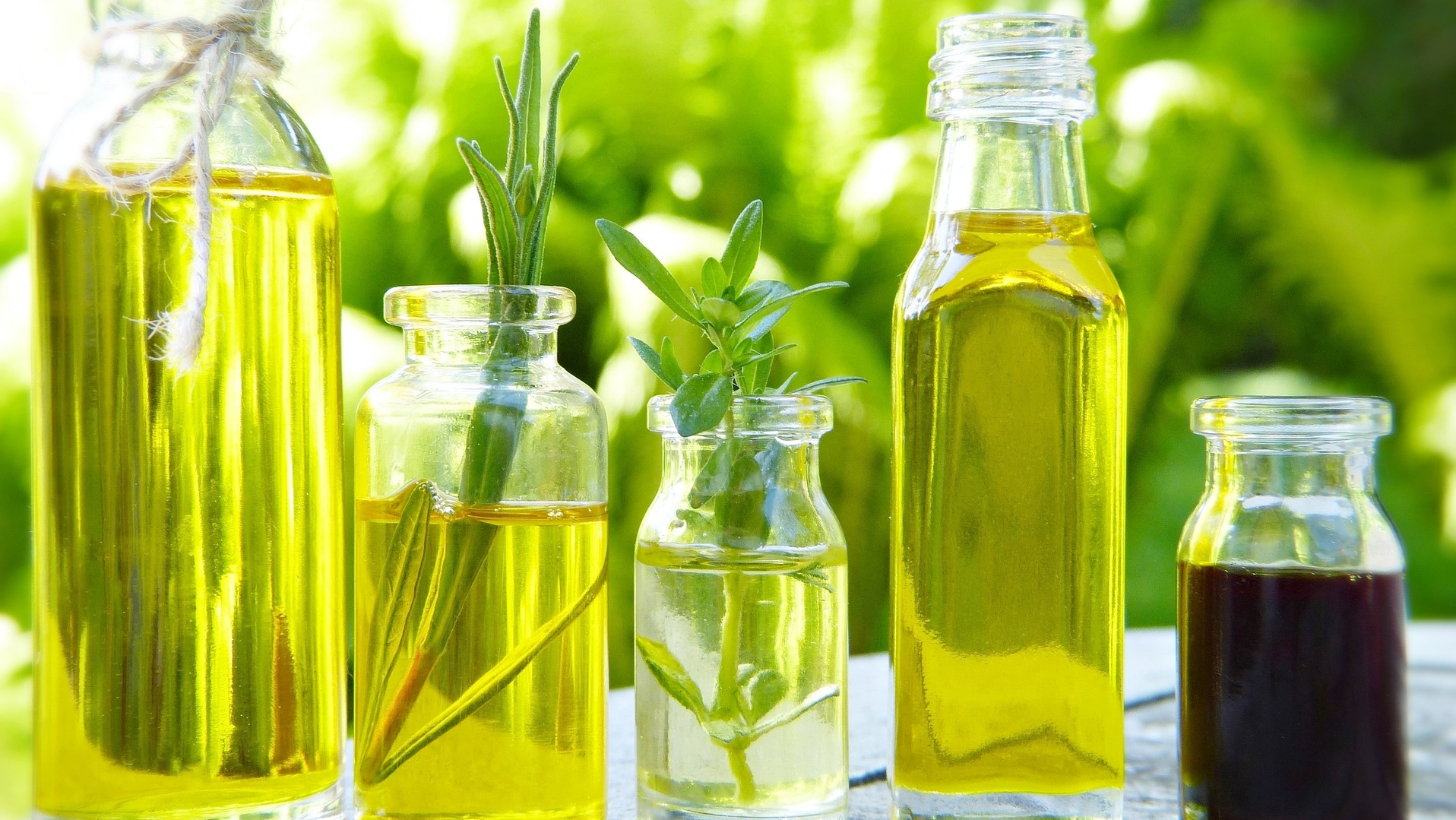Calming the Storm: Essential Oils for Nervous Relief
In the hustle and bustle of today's fast-paced world, it's no wonder that stress and anxiety often lurk around the corner.
Our nerves can take a beating, whether it's the weight of financial worries, the daily grind of work, health concerns, or family pressures. When anxiety tightens its grip, it's as if our body and mind are in a relentless storm, where heart rate, breathing, and blood pressure surge, and muscles clench, often triggering headaches. If you've been there, you know the feeling all too well.
The sources of our anxious nerves are as varied as the emotions they trigger. Stress can be emotional, stemming from real-life situations, or fear-induced, or even rooted in past trauma. It can be an occasional visitor or a constant companion. Often, stress doesn't come from a solitary source but is a complex interplay of various factors, such as physical exhaustion, mental strain, and deep-seated fears.
Enter essential oils, nature's gift to help calm those frazzled nerves, promote relaxation and reduce anxiety. However, finding the right essential oil to soothe your unique nervous tension can be a bit of trial and error. Everyone's stressors and body chemistry differ, but an essential oil solution is waiting for you.
- If your stress and anxiety are hormonal or chemical, such as from PMS or menopause, try Rose Geranium oil. Geranium oil is great for dealing with nervous system issues due to unbalanced hormones and emotions.
- If you have longer-term anxiety issues, try lavender (alone or included in a blend), as lavender is known to help with long-term stress and anxiety.
- Bergamot is an energizing oil that can help to relieve stress due to a lack of energy. It's a citrusy, minty, and woodsy scent that many enjoy.
Selecting the Best Essential Oils To Relax
Oils work differently in people due to individual chemistry. Many essential oils are helpful for more than one condition and are listed in multiple categories.
Write down:
- The oils you used
- The time, circumstances, and method of use.
- How well the essential oil or blend helped.
Below are some essential oils to blend and recipes to help calm nerves or control anxiety.
Finding Your Perfect Blend
Creating a personalized blend of essential oils is a delightful journey. Combining your favorite calming oils can produce a uniquely soothing fragrance that resonates with your senses and provides effective relief. Whether you're diffusing these oils, adding them to a carrier oil for massage, or simply inhaling them, the power of aromatherapy can help calm the storm of nervous tension and lead you to a state of relaxation and peace.
Embrace the nurturing embrace of these essential oils and let them guide you toward tranquility.
Rose Geranium Oil: Hormonal Harmony
When anxiety and stress are entangled with hormonal fluctuations, like those during PMS or menopause, Rose Geranium essential oil emerges as a soothing ally. Its floral and herbaceous aroma works wonders in balancing emotions and the nervous system affected by hormonal imbalances. Consider this fragrant remedy to regain your emotional equilibrium.
Lavender: The Long-Term Stress Soother
Lavender is the timeless hero of essential oils for managing long-term stress and anxiety. Its gentle, floral scent has an enduring reputation for calming the nerves. Whether used alone or as part of a blend, lavender's calming influence can provide much-needed relief when daily stressors seem unending.
Bergamot: Energizing Stress Relief
For those moments when stress is simply a consequence of feeling drained and exhausted, Bergamot essential oil offers a refreshing solution. This citrusy, minty, and woodsy aroma provides an energy boost, helping alleviate stress from a lack of vitality. When your spirits need a lift, turn to Bergamot to invigorate your senses and soothe your nerves.
Frankincense: Sacred Serenity
With its deep, resinous fragrance, frankincense has long been associated with sacred rituals and spiritual grounding. It's an excellent choice when you need to center yourself, reduce anxiety, and find serenity amidst life's chaos. Allow Frankincense to lead you on a journey of inner peace.
Ylang-Ylang: Floral Tranquility
Ylang-Ylang essential oil, with its intensely sweet and floral aroma, has the power to instill tranquility in the most agitated minds. This fragrant gem is your go-to when nervous tension demands a gentle touch and a fragrant embrace.
Chamomile: Herbal Comfort
Chamomile essential oil, derived from the daisy-like chamomile flowers, offers a gentle, herbal comfort perfect for soothing frayed nerves. It's a calming influence, inhaled or applied topically that helps alleviate anxiety and promotes relaxation.
Cedarwood: Grounding Strength
Cedarwood essential oil exudes a grounding, woody scent that is your anchor in emotional turbulence. When stress has you feeling unmoored, turn to Cedarwood to regain your inner strength and find stability.
Patchouli: Earthy Reassurance
Patchouli essential oil's earthy and musky fragrance offers reassurance and a sense of rootedness. It's the perfect companion when anxiety pulls you into a whirlwind, helping you find your bearings and restore your calm.
Peppermint: Cooling Respite
Peppermint essential oil brings a refreshing, minty breeze that cools the mind and offers respite from stress-induced heat. It's your ally when you need clarity and relief from anxiety's sweltering grip.
Geranium: Floral Balance
With its floral and herbaceous notes, Geranium essential oil can help restore emotional equilibrium and calm frayed nerves. When the strains of life threaten your harmony, consider Geranium your fragrant stabilizer.
Oils to Reduce Emotional Anxiety or Stress
If you feel your stress or nervous condition is due to emotional issues, try an essential oil with soothing properties to help calm and settle your anxiety. Some essential oils of this type include:
- Bergamot: calming, uplifting, antidepressant
- Black pepper: stimulating and energizing
- Geranium: uplifting, aids in dealing with negativity and tension
- Jasmine: uplifting, relaxing, antidepressant, good for nervous exhaustion
- Lavender: good for mental stress, strong anti-anxiety
- Marjoram: promotes a feeling of happiness, calms nerves/li>
- Melissa (lemon balm): used for depression, insomnia, anxiety
- Neroli absolute: natural relaxant, antidepressant, anti-anxiety, uplifting
- Orange: combats depression, boosts immunity, uplifting
- Roman chamomile: combats restlessness, depression, and insomnia
- Sandalwood: stimulates emotions
- Tangerine: sedating and calming, combats anxiety and nervousness
- Valerian: sedating, relaxing, grounding, and emotionally balancing
Oils to Reduce Physical Anxiety or Stress
Many holistic health practitioners (especially in Asian medicine) believe that when you are stressed or anxious, the kidneys and heart need help. The oils listed below are considered tonics, which strengthen and invigorate these organs. They also have other properties that can help with specific nervous conditions.
- Cypress: helps cope with loss, increases feelings of security
- Lavender: reduces mental stress, strong anti-anxiety, and is great for long-term stress issues
- Lemon: helps improve memory, detoxifies kidneys
- Marjoram: calming, helps promote feelings of happiness
- Neroli absolute: natural relaxant, antidepressant, anti-anxiety, uplifting
- Patchouli: sedating, calming, relaxing, strong anti-anxiety and anti-stress, with significant impact on the sympathetic nervous system
- Rosemary: increases mental awareness, great anti-anxiety
- Thyme: improves mental clarity, releases known fears, helps restore water balance
- Vetiver: grounding, helps stabilize emotions
Oils to Reduce Extreme Fear or Anxiety
These essential oils can promote relaxation and reduce anxiety.
- Geranium: uplifting, aids in dealing with negativity and tension
- Jasmine: uplifting, relaxing, antidepressant, good for nervous exhaustion
- Lemon: helps improve memory, detoxifies kidneys
- Melissa (lemon balm): used for depression, insomnia, anxiety
- Neroli absolute: natural relaxant, antidepressant, anti-anxiety, uplifting
- Rose: balances emotions and hormones, tonic for the heart, helps you feel reassured and supported
- Vetiver: grounding, helps stabilize emotions
- Ylang Ylang: helps restore mental peace and confidence, balances energies
Using Essential Oils to Calm Nerves
When treating anxiety or stress, you can use a single essential oil or in combination or blends. Use your chosen oils in the bath, for a massage, and in vapor therapy.
One of the easiest ways to fight anxiety during the day is to simply put a few drops of lavender or other essential oil on a Kleenex or cotton ball, then keep it in your pocket or purse. When you feel stressed, you take it out and smell it.
You can also tuck cotton balls with a few drops of essential oil in your car, office, or any other space where you spend time. Use it as an anti-anxiety air freshener!
Nerve Calming Spray
- 5 drops of Marjoram essential oil
- 5 drops of Neroli (orange blossom) essential oil
- 5 drops of Bergamot essential oil
- 1 oz of water
Put the ingredients in a spray bottle, shake, and spray. You can adjust the strength by increasing the amount of essential oils in water. Spray around the house or use the blend in a vaporizer without the water.
Relaxing and Calming Bath
- 9 drops of Lavender essential oil
- 6 drops of Bergamot
- 3 drops of Sandalwood
- 1/2 ounce of carrier oil, such as almond or jojoba
Mix well and add to a warm bath.
Calming and Relaxing Blend
This relaxing blend can be used in a vaporizer, for a massage, or in a bath. If you use it for massage or bath, add 1/2 fluid ounce of carrier oil.
- 2 drops of Geranium essential oil
- 2 drops of Lavender essential oil
- 2 drops of Sandalwood essential oil
- 1 drop of Ylang-ylang essential oil
Safety and Precautions
As with any potent essential oil, moderation is key. Dilute selected essential oils properly and be cautious of skin irritation. If you're pregnant, consult with a healthcare professional before use. Anxiety and nervousness can indicate a serious medical condition, and you should consult with a physician.







